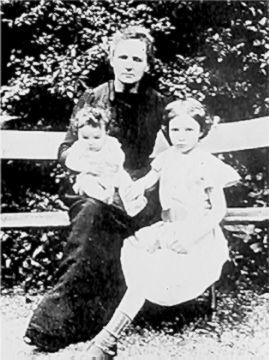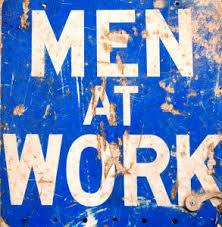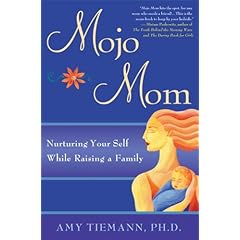Is the recession upping the ante on birth control and/or abortion? Two writers in my authors group ask the question this week. Check out Lauren Sandler over at The Big Money: No Way Baby – Are Market Forces the Ultimate Contraception? And Annie Murphy Paul over at Double X: Is the Recession Causing More Abortions?
And then, there are those, like (ahem) me, going entirely the other direction…

 This month Science Grrl looks at the mother-daughter bond in science & engineering.
This month Science Grrl looks at the mother-daughter bond in science & engineering. Why do some men support gender diversity in leadership while others REALLY DON’T? Catalyst asks this question through a new body of research evaluating men’s involvement with gender diversity in a report released today titled,
Why do some men support gender diversity in leadership while others REALLY DON’T? Catalyst asks this question through a new body of research evaluating men’s involvement with gender diversity in a report released today titled,  Slate’s new online magazine “written mostly by women, but not just for them,” Double X, is launched! Do check it out:
Slate’s new online magazine “written mostly by women, but not just for them,” Double X, is launched! Do check it out:
 I’m excited to help honor and celebrate
I’m excited to help honor and celebrate  I just hung up the phone with a new author who has a book project that I’m very excited about. I can’t tell you much about her project just yet—I’m trying to keep it on the down low for as long as possible—but I’ll say this: it kicks some serious bottom, and I can’t wait to work with her on it in the next handful of months.
I just hung up the phone with a new author who has a book project that I’m very excited about. I can’t tell you much about her project just yet—I’m trying to keep it on the down low for as long as possible—but I’ll say this: it kicks some serious bottom, and I can’t wait to work with her on it in the next handful of months. Well, here we go. I’ve decided today is the day to officially “come out”: I’m pregnant! I’m 12-and-a-half weeks along, and here’s the kicker: it’s twins. OMG OMG Marco and I are still getting used to saying that out loud. “It’s twins.”
Well, here we go. I’ve decided today is the day to officially “come out”: I’m pregnant! I’m 12-and-a-half weeks along, and here’s the kicker: it’s twins. OMG OMG Marco and I are still getting used to saying that out loud. “It’s twins.”